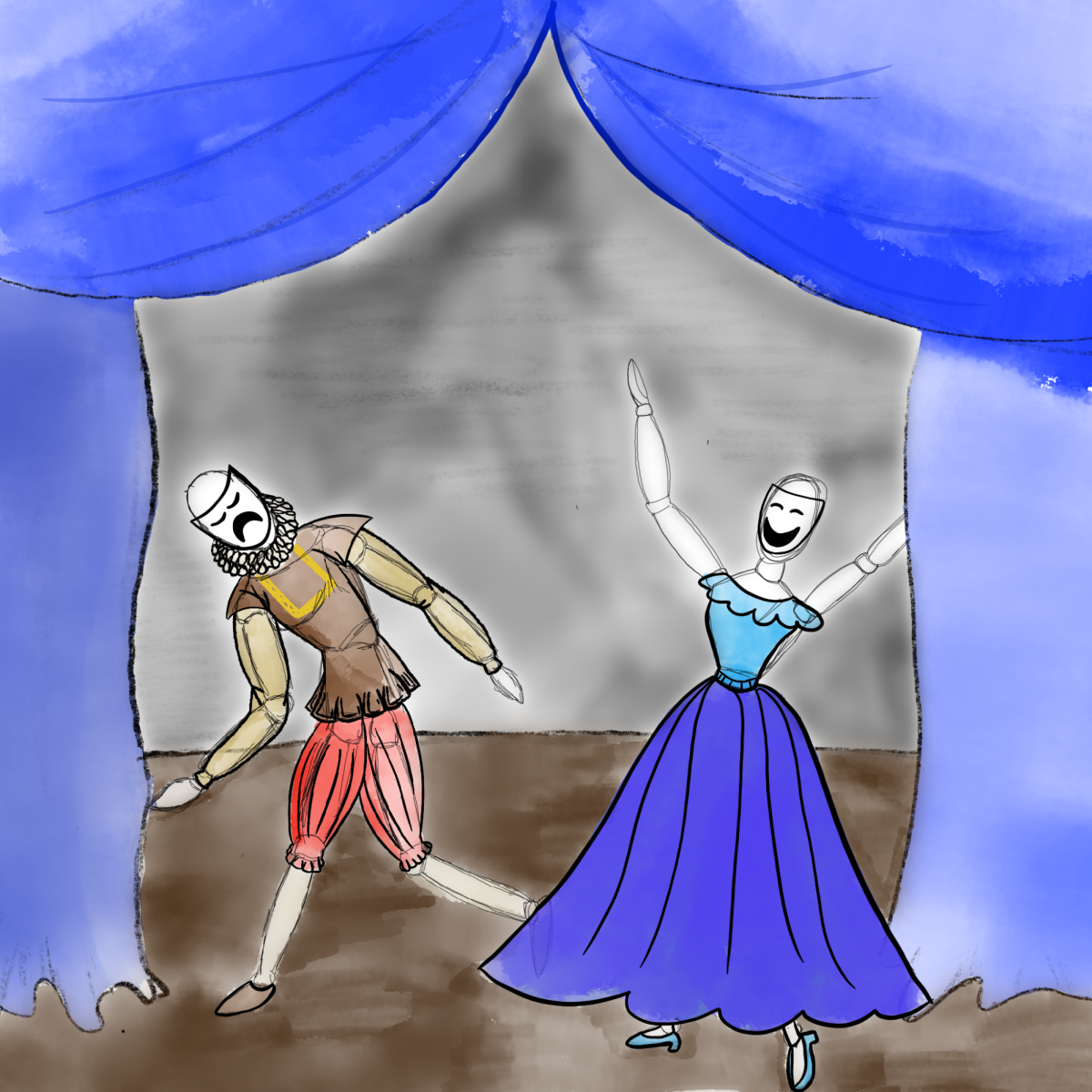For anyone in Austin who encounters restaurant servers who don’t bring out complimentary glasses of iced water, it’s not because they’re oblivious — it’s probably in the spirit of conservation.
The Austin Water Conservation Code establishes a water management plan affecting residents and commercial businesses within city limits. Article II of the code states, “Restaurants, bars, and other commercial food or beverage establishments may not provide drinking water to customers unless a specific request is made by the customer for drinking water.”
The code is strict, but it still provides limited exemptions for specific circumstances. If the health or safety of the public is at risk, certain water rules may be broken. As a result, restaurants can provide, without request, a cold glass of water to a customer in obvious need of hydration.
Athletic fields, where irrigation is “necessary to protect the health and safety” of people present at practices and games, are also exempt from the code. Although this may be good news for UT Athletics, it seems an unlikely place to allocate precious water in a time of drought.
When Austin is implementing restrictions on drinking water, where should the irrigation of a football field fall on the city’s priority list? According to the code, it ranks somewhere above golf course fairways, which qualify for two of the five conservation exemptions that football fields enjoy.
An encouraging result of Austin’s water initiative is the gradual decline in demand for water over the past 15 years, which Austin Water attributes to strong citizen response to conservation efforts.
Another way to save water is to reduce electricity. Since the major processes for generating electricity demand large amounts of fresh water, reducing the use of one resource means conserving both.
Through an increased demand for both energy and a limited water supply, Austin is experiencing the effects of a changing climate. While climate change remains a global concern, even small tasks can have a meaningful impact on effects that hit particularly close to home.




















